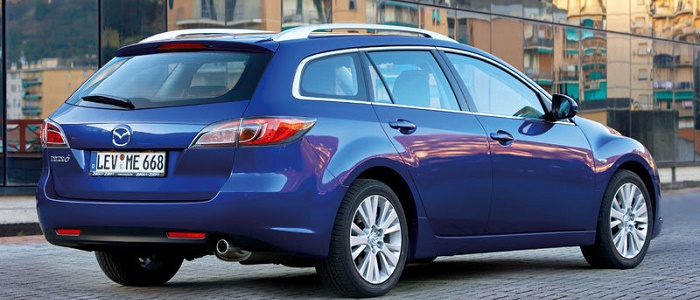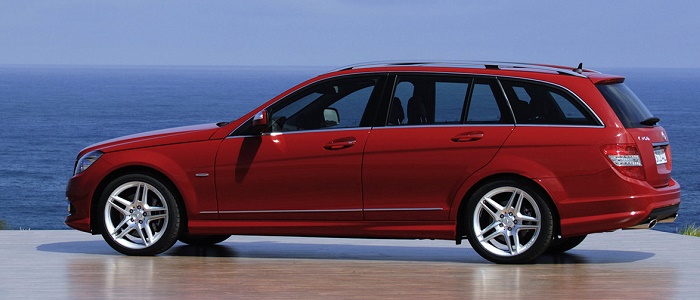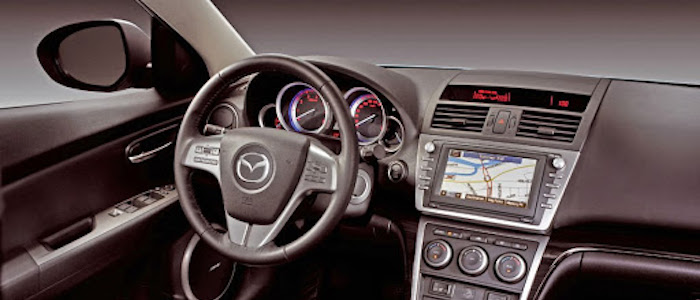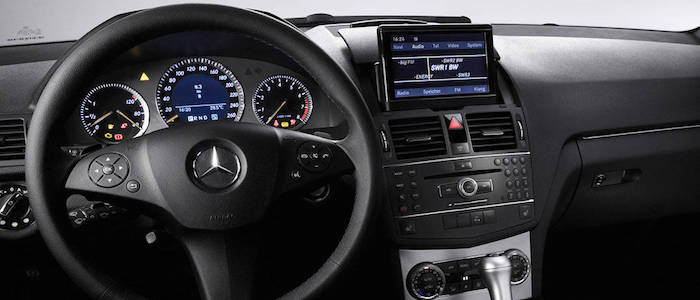Compare two cars
Compare any two cars and get our Virtual Adviser™ opinion
Dimensons & Outlines
Check vehicle history
Engine
2.1 OM646 DE22 LA HP
Performance (manual gearbox)
Performance (automatic gearbox)
Expenses
Virtual Adviser's™ opinion
Two significantly similar cars, no doubt about that. Still, each one has something different to offer. Having both cars powered by diesel engines and utilizing the 5-door wagon body style within the same 'Large family car' segment, the only major difference here really is their wheel drive configuration (front for the Mazda and rear in the case of the Mercedes Benz). The first one has a Mazda-engineered powertrain under the hood, a 4-cylinder, 16-valves 185hp unit, while the other one gets its power and torque from a 4-cylinder, 16-valves 170hp engine designed by Mercedes Benz.
SafetyA starting point here would be to take a look at the results from European New Car Assessment Programme (Euro NCAP) tests which were performed on both of the cars, with the same number of safety stars gained in the process. That aside, let's consider some other aspects which affect safety. Both vehicles belong to the large family car segment, which is generally a good thing safety-wise, but that fact doesn't break the tie between the two cars. On the other hand, if we'd like to consider vehicle mass in this context too, which we definitely should, the German car offers a marginal difference of 5% more metal.
ReliabilityReliability is not the best thing to consider on the make level, but it is worth mentioning that Mazda as a brand displays somewhat better results, all the models observed together. These are the official statistics, while our visitors describe reliability of Mazda with an average rating of 4.4, and models under the Mercedes Benz badge with 4.3 out of 5. Independent research findings rank 6 as average reliability-wise, and C is more or less at the same level.That apart, owners of different cars powered by the same engine as the Japanese car rank it on average as 5.0, while the one under the competitor's bonnet gets 4.4 out of 5.
Performance & Fuel economyBoth of the cars accelerate exactly the same, so we couldn't put one above the other. Car No. 2 is faster though, reaching top speed of 219 kilometers per hour, 3km/h more than the other car. When it comes to fuel economy the winner has to be the German car, averaging around 4.7 liters of fuel per 100 kilometers (60 mpg), in combined cycle. We can't ignore that 21% difference compared to the Japanese car.
Verdict
Mazda appears just a bit more reliable, although the difference is truly marginal. The most important thing when deciding between any two vehicles should always be safety, both passive and active. In my opinion, everything taken into account, the German car offers slightly better overall protection and takes the lead. It all continues in the same direction, with Mercedes Benz offering somewhat better performance, just enough to call it quicker. To make things even better, it consumps less fuel! All together, there's not much more to say, in this case I wouldn't even consider anything but Mercedes Benz. In any case that's my personal view, built upon all the data available to me. What should decide here though is the way you feel about the two vehicles, and I hope you'll find my guidelines useful in the process. In case you have two minutes to spare I invite you to define your needs, desires and budget and see which car would be chosen by the virtual adviser™, among more than 12.000 different ones in our database.
































